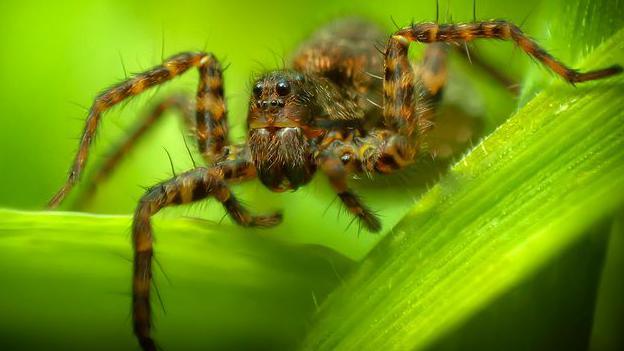Extra house spiders this year, expert says
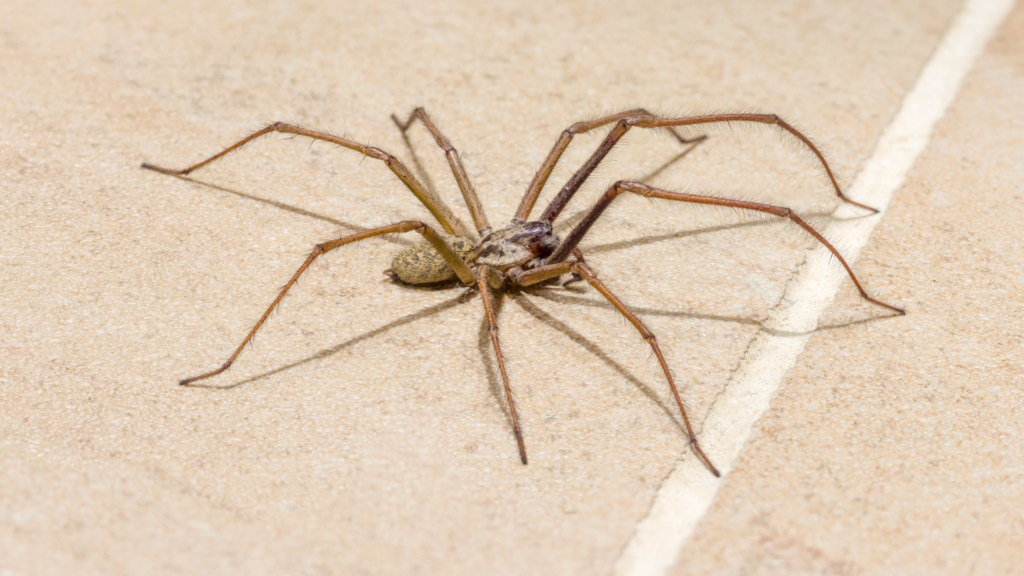
Dr David Gee said there had been an "influx" of spiders inside UK households this year
- Published
A nature expert has said a warm spring is the reason behind large numbers of spiders being spotted in homes across the UK.
Dr David Gee, a zoology lecturer at the University of Derby, said the hot conditions earlier this year had led to higher insect populations - providing spiders with more food and a higher survival rate.
Spider season usually starts in the UK at the end of August and goes on until mid-October or November.
"They matured a little earlier this year," said Dr Gee, who specialises in invertebrate biology.
"The very large house spiders that we often see running around our living room at night are now big enough that you can actually hear their footsteps."
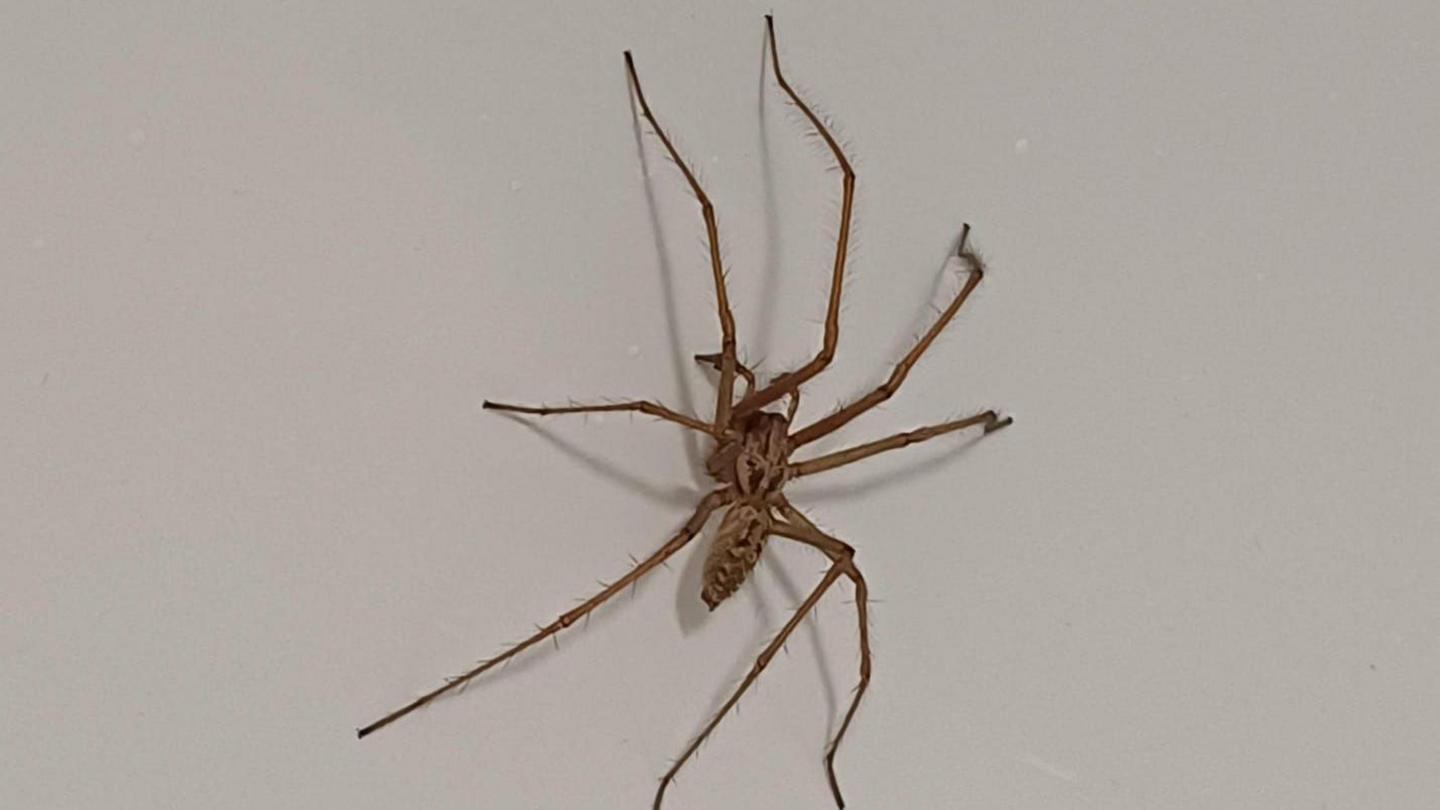
Warm weather has helped some spiders mature earlier
Because more spiders are being produced, Dr Gee said male spiders were having to become more active to look for female counterparts.
"We're really seeing increased spider behaviour as a function of the success they encountered early on in the growing season," he said.
When male spiders become sexually mature, they stop building webs and become a "roving individual".
"They go from being essentially heavyweight boxers with a very strong, large body and essentially become Olympic runners," said Dr Gee.
Females stay away inside their burrows, surrounded by webbing, so males are having to go out into our homes to look for them.
"As males are all searching, they will occasionally run into each other and sometimes force each other out of an area," the expert explained.
"This increased competition just leads to more and more spiders having this roaming mode of life and there's a bit of a turf war going on in our homes."
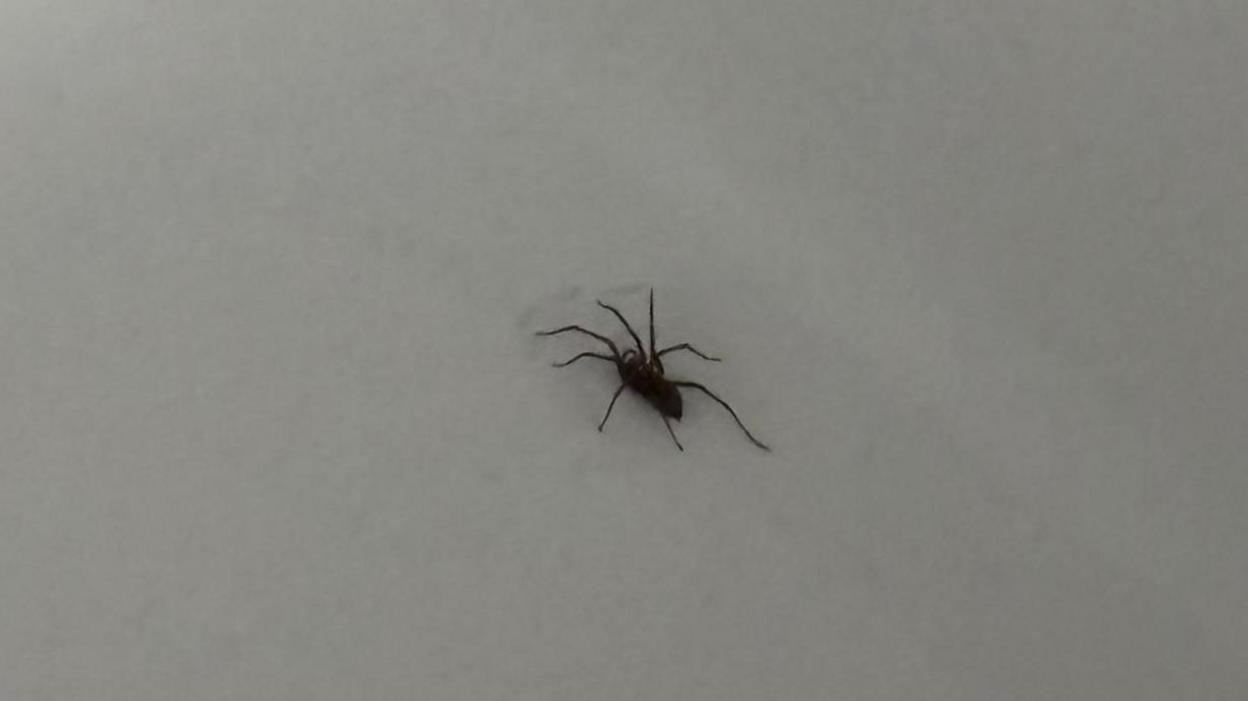
Dr Gee said the old adage of using conkers to combat spiders was a myth
Dr Gee says spiders usually found in the south are heading north into even more homes across the UK.
"As a function of global warming - and we're seeing our environment changing - you do find more and more species, not just spiders, but insects and other species, actually moving further north," he said.
"As the climate changes, we suddenly find new species of grasshopper, crickets, more spider species that we may not have encountered in the north in centuries. We're even seeing some species that have made it over the channel.
"We're actually seeing the whole dynamic of all of these ecosystems changing, which is interesting, but can throw a bit of a spanner in the works when it comes to actually maintaining our own populations of insects."
Dr Gee also warned arachnophobes that the old adage of using conkers to keep spiders at bay is a myth.
"There's no scientific evidence whatsoever to suggest that conkers produce any kind of noxious chemical and any volatile oils or anything like that that spiders might actually find unpleasant," he said.
"It's a futile effort, and the spiders themselves, they can't hurt you anyway, so I wouldn't really worry about it too much."
Get in touch
Tell us which stories we should cover in Derby
Follow BBC Derby on Facebook, external, on X, external, or on Instagram, external. Send your story ideas to eastmidsnews@bbc.co.uk, external or via WhatsApp, external on 0808 100 2210.
Related topics
- Published3 February
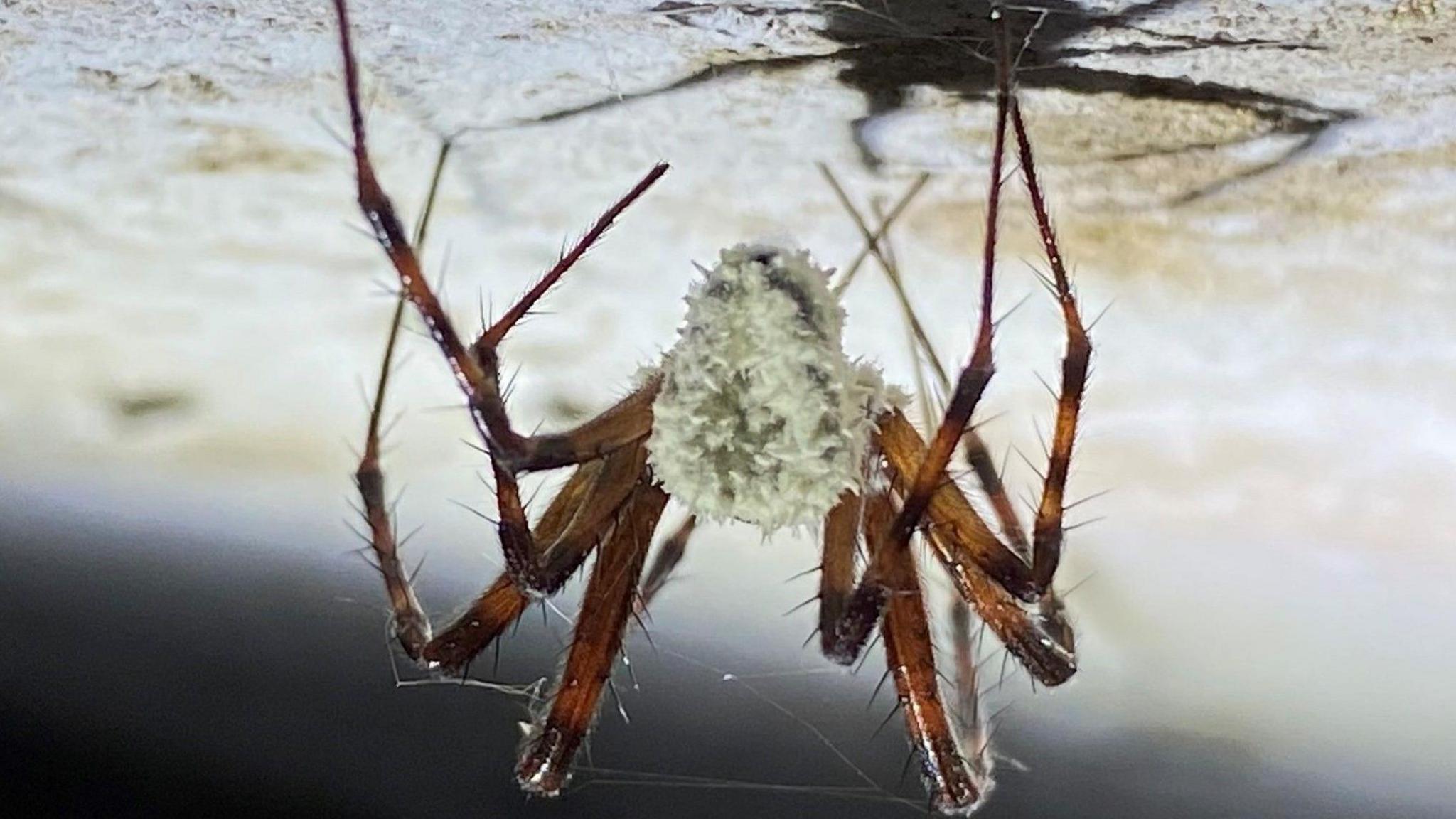
- Published22 November 2023
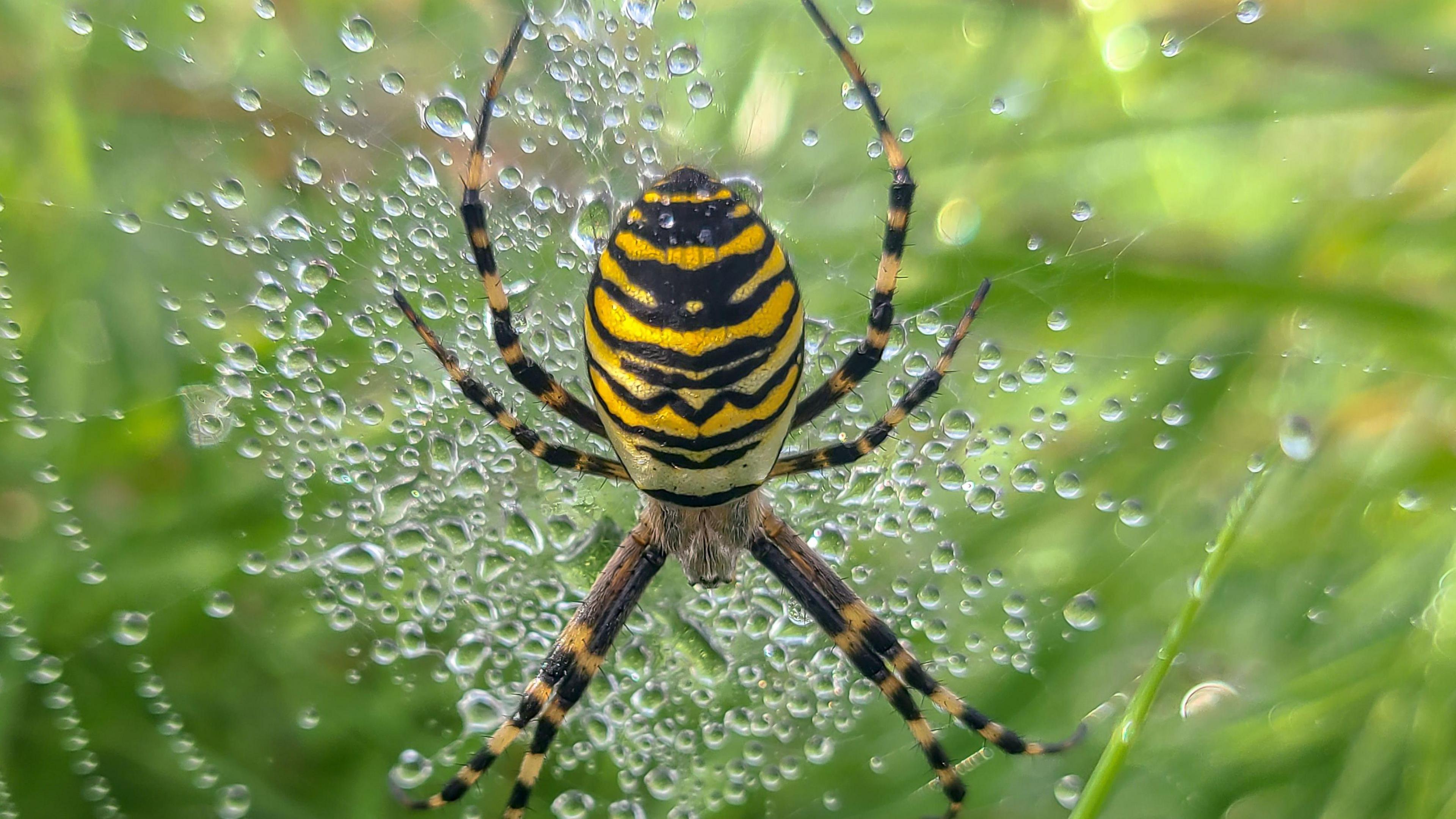
- Published23 August 2024
